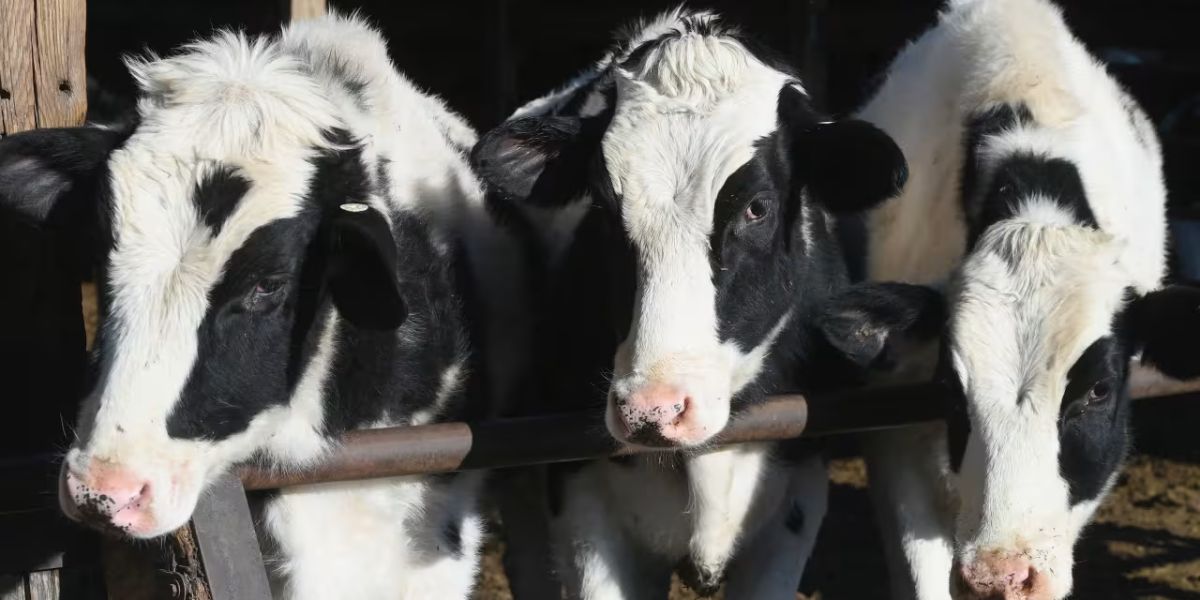Uw-Madison’s Expert Warns of Bird Flu Impact on Bovine Health
A variant of Bird flu has been spreading among cows in numerous states. While no instances have been documented in Wisconsin yet, a veterinary expert at the University of Wisconsin-Madison advises farmers to be cautious.
The disease has been found in cows in six states: Texas, Kansas, New Mexico, Idaho, Michigan, and Ohio.
“The cows that we’re seeing, we assumed were affected by the infected birds,” said Keith Poulsen, Director of the Wisconsin Veterinary Diagnostic Laboratory at UW-Madison. “But we don’t have all the information yet.”
Poulsen has been collaborating with federal, state, and industry authorities to discover what led cows to develop the Avian flu and how it is spreading. “With some of the cows moving into some of the northern Midwestern states, we are seeing a suggestive of lateral transmission, or cow to cow,” Poulsen said in a statement.
Slowing down and losing appetite are signs of a sick cow. Poulsen advised farmers to contact a veterinarian as soon as they see symptoms similar to those listed above.
“Wisconsin is blessed with some of the best dairy veterinarians in the world,” said Poulsen. “We should utilize them as a resource.”
For cows, this strain has not been fatal. “The cows are sick, I don’t want to downplay that,” Poulsen went on to say. “They drop in milk production which is important, but they do recover.”
Poulsen said he did not believe the disease would spread to Wisconsin, but he did not rule out the possibility.
“I think our biggest risk would be if we are moving lactating animals from an affected herd into a Wisconsin herd,” Poulsen told the crowd.
Despite some affected cattle, Poulsen stated that dairy and meat products are still safe to consume. “We are very confident that pasteurized dairy products are safe,” Poulsen said in a statement. “Same thing with meat production.”
Poulsen stated that while there has been one verified case of human infection, the sickness in cows does not constitute a public health issue.











